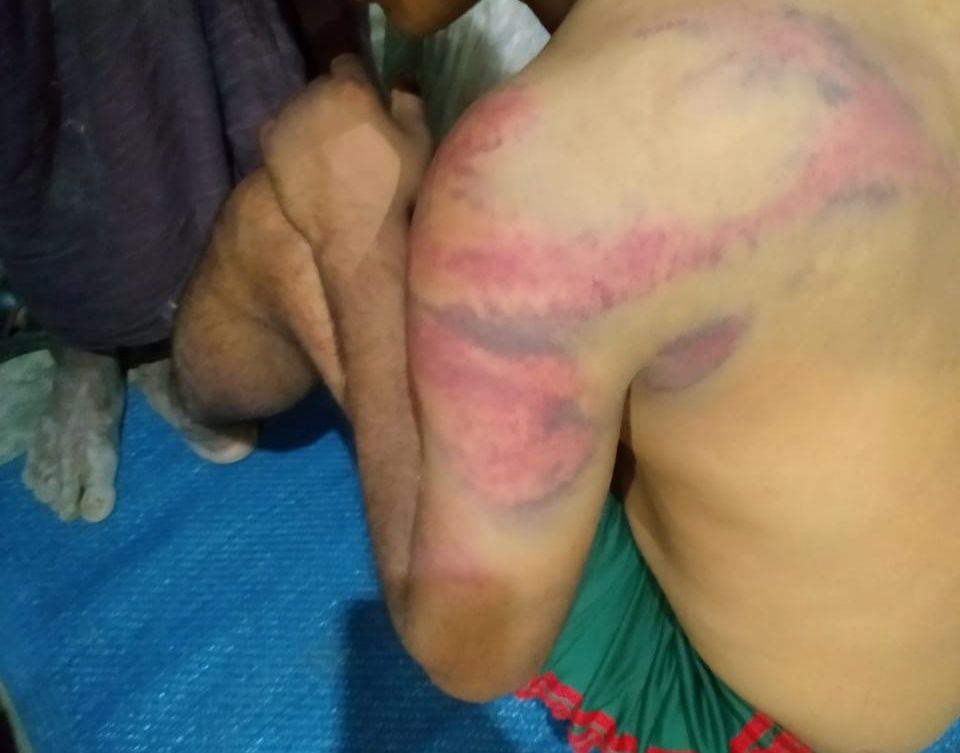Border News Agency
Cox’s Bazar, Bangladesh May 2025
A tragic incident has once again underscored the dangers faced by Rohingya refugees who venture outside the camps in search of work to support their families. Zahid Hussain, a Rohingya man originally from Shakina village, located above Bolibazar in Myanmar’s Rakhine State, was recently abducted and brutally beaten by kidnappers after leaving the camp to harvest rice for a small income.
According to eyewitness accounts and fellow refugees, Zahid Hussain was accompanied by two other Rohingya men when they left the refugee camp with the hope of earning some money by working in nearby rice fields. However, their attempt to seek honest work quickly turned into a nightmare. While one of the men managed to escape, Zahid and another companion were captured by kidnappers.
The captors severely assaulted the two men and demanded a ransom of one lakh Bangladeshi Taka from each for their release. Despite the victims’ desperate pleas explaining that they are poor refugees surviving on limited monthly rations from the World Food Programme, the kidnappers showed no mercy.
Eventually, the families and well-wishers of the victims managed to gather and pay 40,000 Taka for each individual. Only then were Zahid and the other captive released and allowed to return to their shelters, battered and traumatized.
Photos shared by humanitarian worker Maung Emdadul Hasan show the extent of Zahid’s injuries, graphic evidence of the brutal treatment he endured at the hands of the kidnappers. His swollen face and bruised body stand as a stark reminder of the dangers Rohingya refugees face when they are forced to go outside the camps in search of work due to chronic poverty and food insecurity.
For many Rohingya families, the reduced rations provided in the camps are not enough to survive. With food aid cuts and limited livelihood opportunities, some refugees feel they have no choice but to risk their safety by seeking informal work outside the camp boundaries. However, as this incident demonstrates, such risks can lead to horrifying consequences.
In a heartfelt message to fellow refugees, Hasan wrote, “Dear brothers, we know you are poor refugees trying to feed your families, and that’s why you go out to work. But don’t trust everyone around you. An enemy doesn’t need a moment to change their mood and do harm just like in this case, and many others you’ve witnessed over the past seven years.”
Hasan urged community members to exercise caution and judgment before deciding to leave the camps, emphasizing the dangers that still surround the vulnerable Rohingya population in exile.
This case adds to a growing list of violent incidents faced by Rohingya refugees across Cox’s Bazar and beyond. Human rights groups and humanitarian agencies have repeatedly called for greater protection, livelihood opportunities, and safe conditions for the refugees, both within and outside the camps.
As the crisis continues, the international community is once again reminded of the urgent need for durable solutions, stronger protection mechanisms, and the restoration of safety and dignity for Rohingya refugees whether they remain in Bangladesh or one day return to their homeland.






